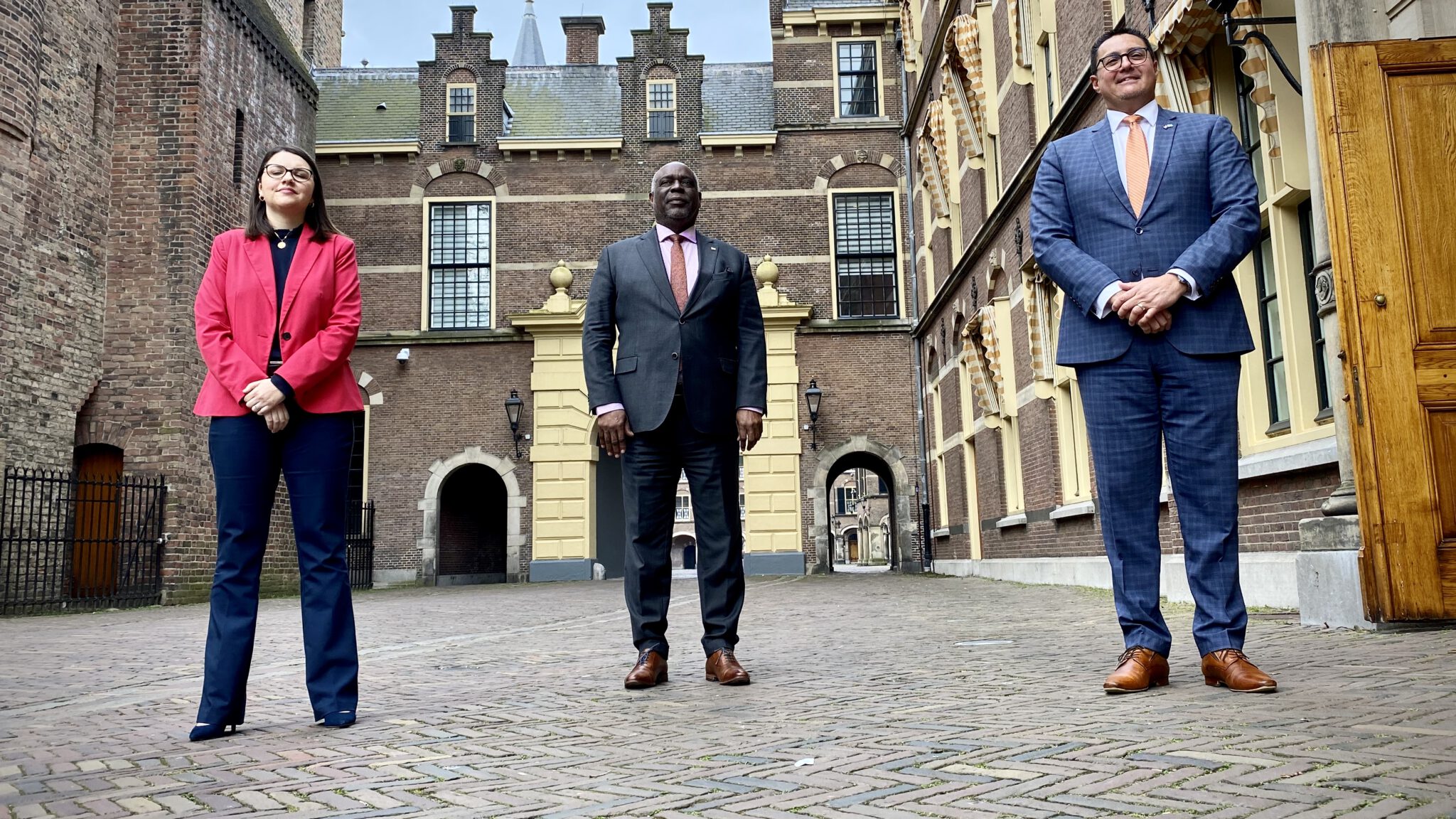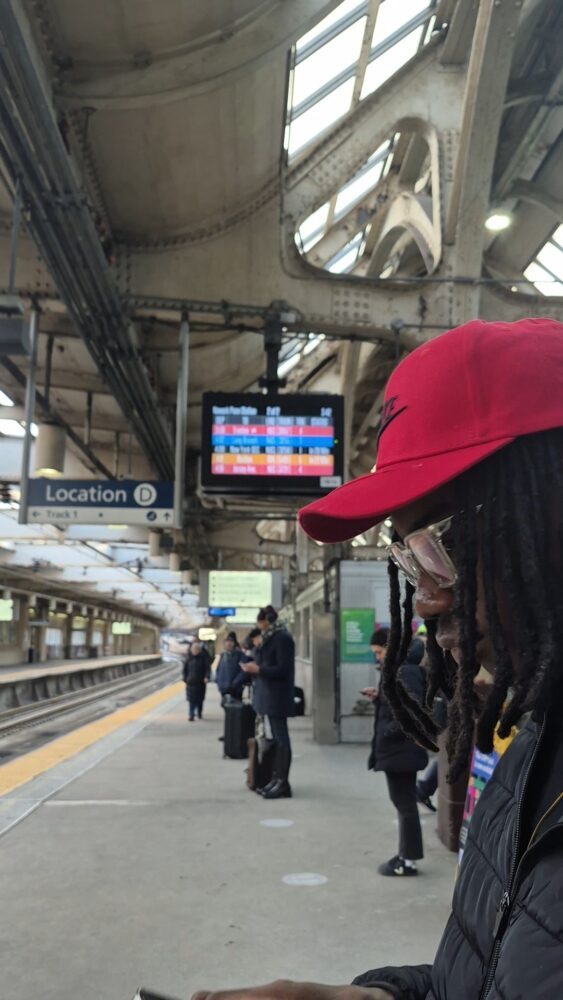THE HAGUE – Aruba, Curaçao, and Sint Maarten will receive an inexpensive emergency loan to bridge the upcoming six weeks. Minister Raymond Knops (Kingdom Relations) announced this after the Kingdom council of Ministers.
With the emergency loan from the Hague the governments of Aruba, Curaçao, and Sint Maarten will ensure that there are enough funds in the public purse to keep the government open. These funds can also help thousands of inhabitants with an income for example.
With the decision Knops mostly followed the controversial advice from the advisory boards Cft and Caft. The islands will only have to start repaying the loans in two years’ time. The Netherlands will not be charging interest on the loan.
| Controversial advice
The Cft (Curaçao and Sint-Maarten) and CAft (Aruba) advised minister Knops to provide the islands with support in the form of a loan. The advice became controversial when three members of the commission from Aruba, Sint Maarten, and Curaçao openly distanced themselves from the advice in an elaborate letter. According to the three members, the advice doesn’t consider ‘the severity of the situation on the Caribbean islands’ and ‘the social and economic consequences of the crisis’. The three members of the commission also believe that the advice goes against ‘the solidarity principle of the Charter for the Kingdom of the Netherlands’. Their advice is to make part of the support a gift. |
“Am I happy with what’s on the table? No, but it’s a start”
– Guillfred Besaril minister plenipotentiary for Aruba
The islands have a more optimistic reaction. “We can do something about the social needs on the short term. There’s at least a prospect for the upcoming period”, says minister plenipotentiary Anthony Begina of Curaçao.
“Am I happy with what’s on the table? No but it’s a start”, says Guillfred Besaril minister plenipotentiary for Aruba.
“We’re doing a good job of supporting the population where needed. With these funds we can do it more efficiently”, says government representative Carol Voges of Sint Maarten.
Negotiations for the upcoming months have started
During the upcoming weeks, talks will be held concerning the long term. The islands indicate that they need hundreds of millions in additional funds, because their economies have collapsed due to the corona crisis. With these funds they wish to keep business going and pay-out salaries.
Knops wants to see reforms
The Dutch government believes that after the six week period the islands need to step up, by reforming and cutting back.
“This crisis shows that the financial resilience of the countries is very fragile”, says Knops. “Currently it’s the corona crisis and after that it will be a different crisis. Let’s hope that’s not the case, but it could happen and you have to be prepared for that.”
Gift or not?
The governments of Aruba, Curaçao, and Sint Maarten are fervently hoping for a gift from the Netherlands, because they fear that the islands will not make it otherwise. The interest payments on their current loans will still have to be paid.
A gift is not being ruled out any more by the Netherlands, even though the Cft preemptively advised against that this week.
“You can evaluate in two years what the country has done to reform. You could eventually decide to make a part of it a gift”, says minister Knops. “I can’t say anything about that yet, and I won’t.”
Islands on lockdown, extreme unemploymentThe six islands are suffering due to the worldwide corona outbreak. Almost all islands are in a total lockdown. Tens of thousands of people have already lost their jobs due to this. Amounts• Aruba will be allowed to borrow 42,8 million Aruban florins (about 21 million euros) without interest from the Netherlands. • For Curaçao the loan amounts to 177 million Antillean guilders (about 90 million euros). • Sint Maarten will receive an interest free loan amounting to 50.2 million Antillean guilders (about 25 million euros). The loans are to cover lost income and support continued employment during the upcoming six weeks. |








